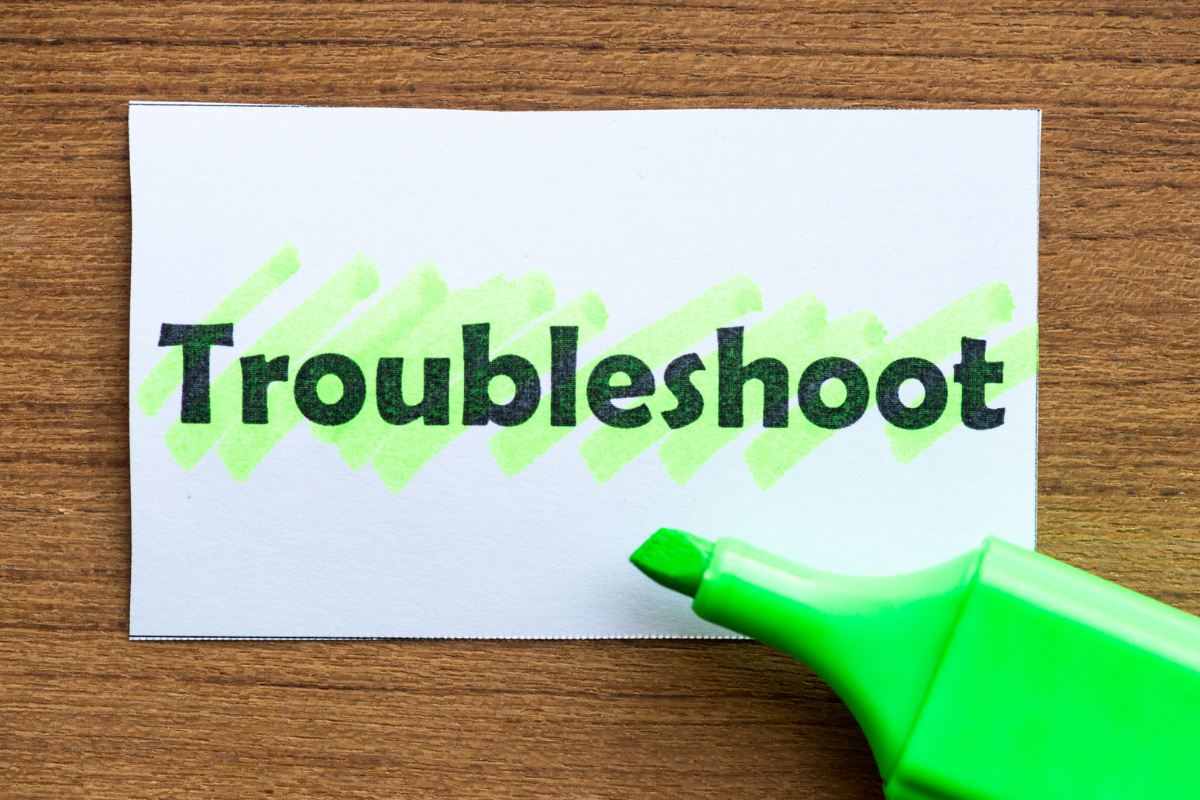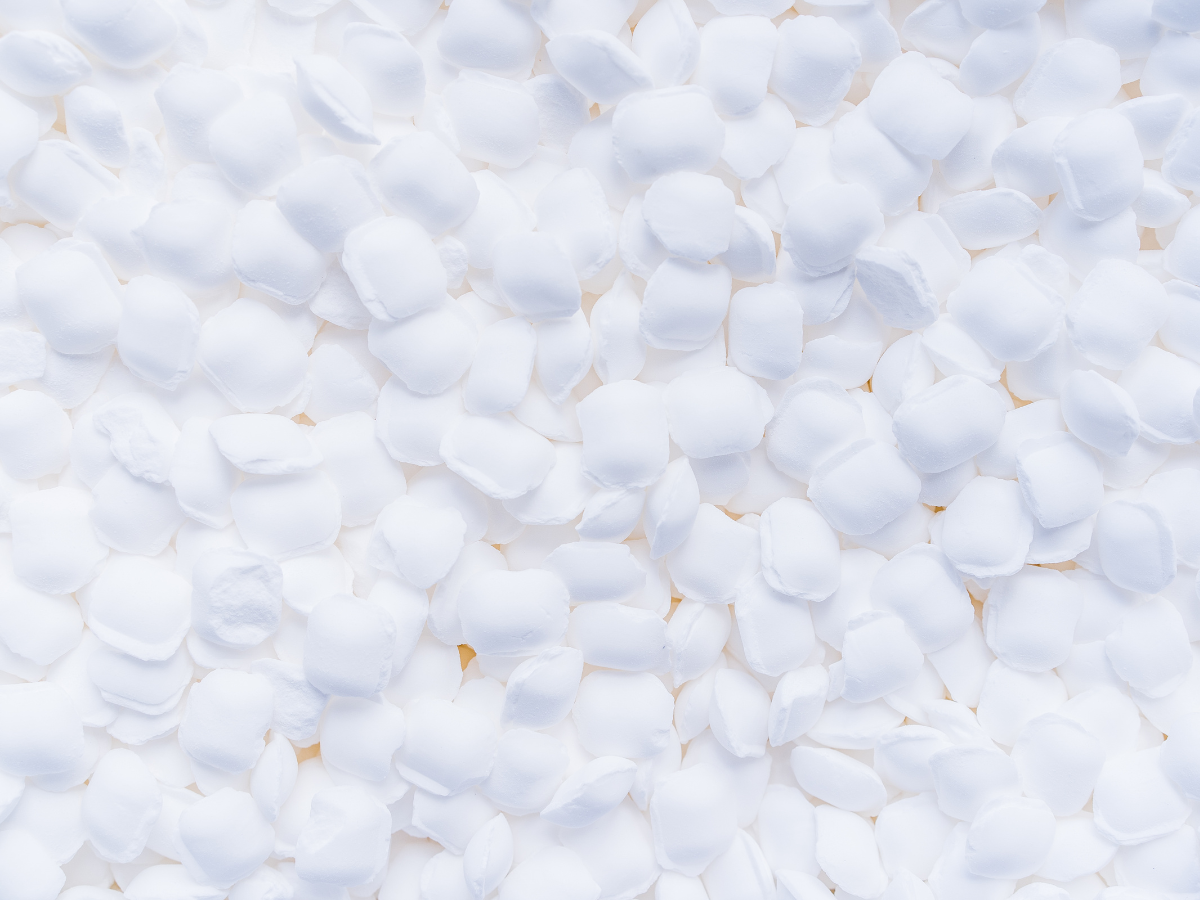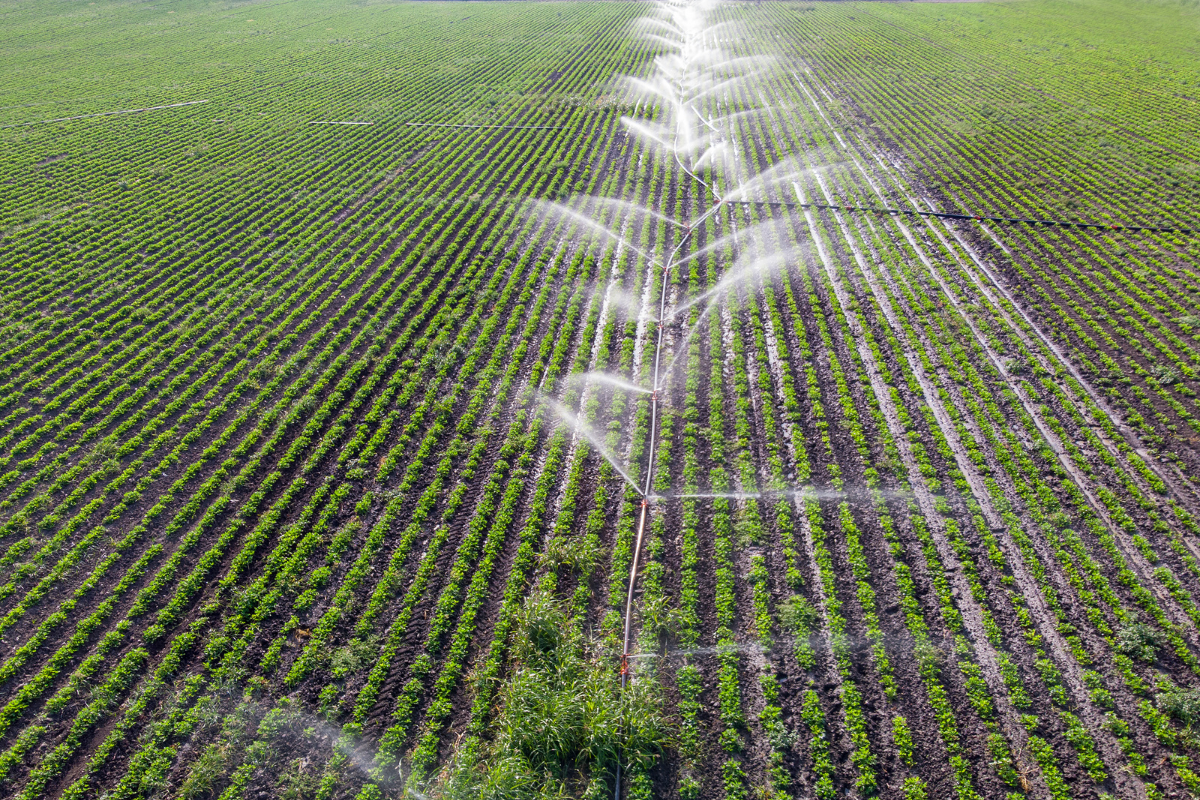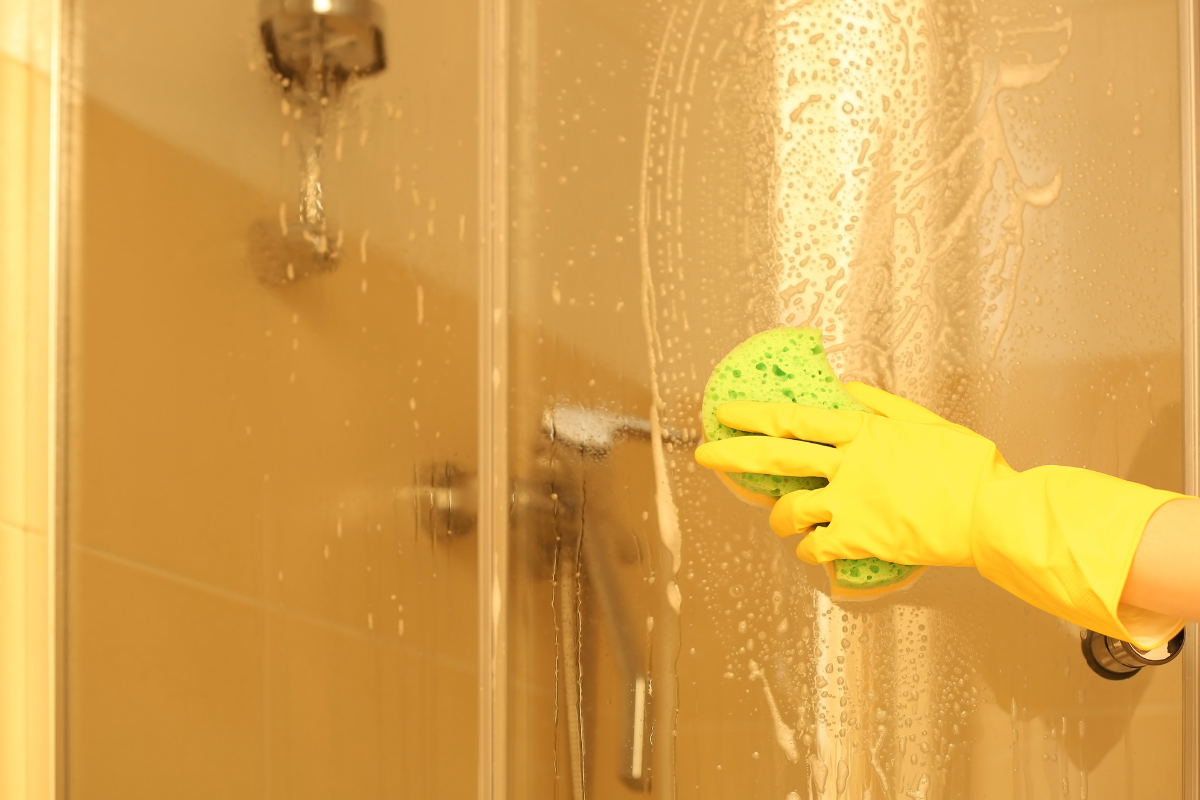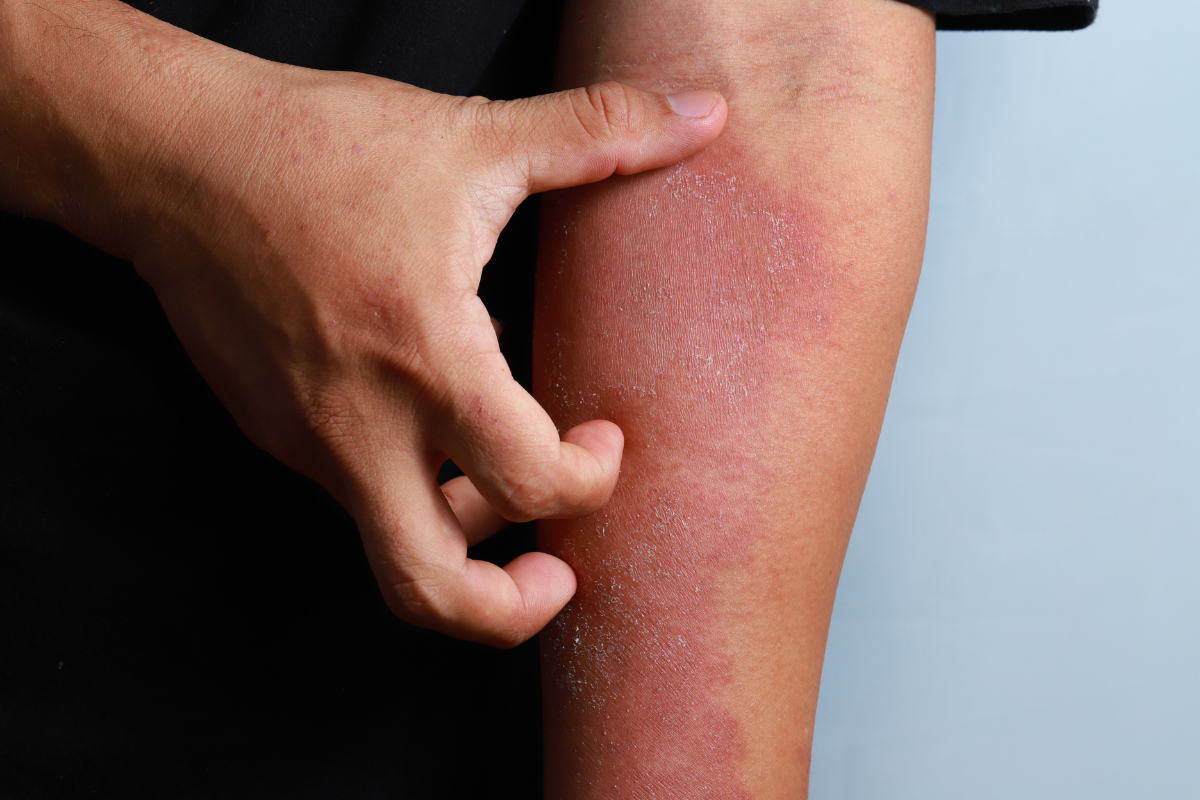Chloramine in Water
A recent investigation of Douglas County’s water consumption revealed an alarming fact: there is not enough groundwater to sustain the booming population. With an additional 60,000 people expected by 2030, the local government is scrambling to find more sustainable water sources. One of these sources will inevitably be recycling used water via chemical treatment. But how safe is this process? You may be aware that chlorine is used as a water disinfectant, but another chemical is rapidly displacing it as a more stable alternative: chloramine. But what, exactly, is chloramine? And is it really as better or safer than chlorine?
What is Chloramine?
Chloramine, in the case of water treatment, is actually monochloramine. It is one of three chloramines, which are chemical derivatives of ammonia (NH3). The “N” stands for “nitrogen,” which is bonded to three hydrogen (“H”) atoms. In a chloramine, one or more of these hydrogens is replaced by a chlorine, or “Cl” atom.
Chloramine vs Chlorine
Chlorine has historically been used to treat water for bacteria, parasites, and viruses. It does so very effectively at levels considered safe for consumption. However, chlorine has two major drawbacks:
High Reactivity: If chlorine comes in contact with certain microbes or other organic compounds, it can produce hazardous byproducts. The most notorious of these are the
trihalomethanes (THM), known to cause cancer with prolonged exposure.
Dissipates Quickly: as a gas, chlorine evaporates quickly from the water it is meant to be treating. While it is effectively treated at the plant, water still has a long way to go through pipes to reach your tap. Once the chlorine is gone, there is plenty of opportunity for germs and dirt to move back in.
This is why chloramine has emerged as a preferable form of water treatment. It is much more stable and does not have the same propensity to form byproducts.
Is Chloramine Safe to Drink?
Just because it is a more stable chemical does not mean chloramine is inherently safer. On the contrary, there are numerous concerns surrounding chloramine in the water:
Chloramines are Toxic to Fish
Chloramine is highly toxic to aquatic life, including fish, reptiles, and amphibians. They absorb monochloramine and other chemicals directly through their skin and gills, which reacts with the hemoglobin in their blood. This reduces their capacity to absorb oxygen, leading to suffocation.
Chloramines React with Lead Pipes
Chloramines as a disinfectant are associated with increased levels of lead in homes with older plumbing systems. Lead is a metal that is known to be toxic, especially in children and unborn babies.
Chloramine is Dangerous When Breathed In
While no known risks are associated in humans with the direct consumption of low levels of chloramine, breathing it in is a different story. Chloramine vapor can cause eye and skin irritation, coughing fits, and, in some cases, a serious build up of fluid in the lungs known as pulmonary edema. Vapor is created via steam, such as in the bath or shower or even when hand washing dishes.
Can You Remove Chloramines From Water?
Yes, you can effectively remove chloramines in a couple of ways. The first is via a dedicated catalytic carbon filter. Regular activated charcoal (AC) filters require extended contact with the water molecules in order to successfully break down the chloramines. This is impractical in most cases, so a catalytic converter is preferable. It is an enhanced AC filter that works much more quickly at breaking down the chloramines into harmless compounds. However, a carbon filter will not remove microbes, hard minerals, nitrates, fluoride, and other contaminants.
The best way to purify your drinking water, including removing chloramines, is via a reverse osmosis system and water softener. Reverse osmosis is a slower process, which means the AC pre filter attached to the system has ample time to remove the chloramines. The water then passes through the RO membrane, which works to remove the rest of the impurities, including PFAs, pharmaceuticals, microbes, nitrates, and more. Meanwhile, the water softener removes damaging hard minerals, like calcium and magnesium, that can compromise the efficiency of your RO filter (and other
home appliances).
Colorado Water Softener Installation
In Colorado, The Waterpros is your top water softener company. We also specialize in reverse osmosis, water conditioners, UV filters, and other affordable solutions to make sure your home’s water supply is as pure as possible. Call or go online today to get started.
